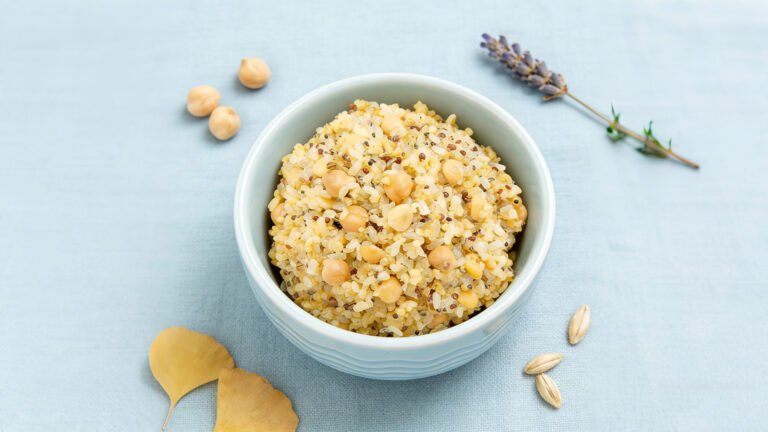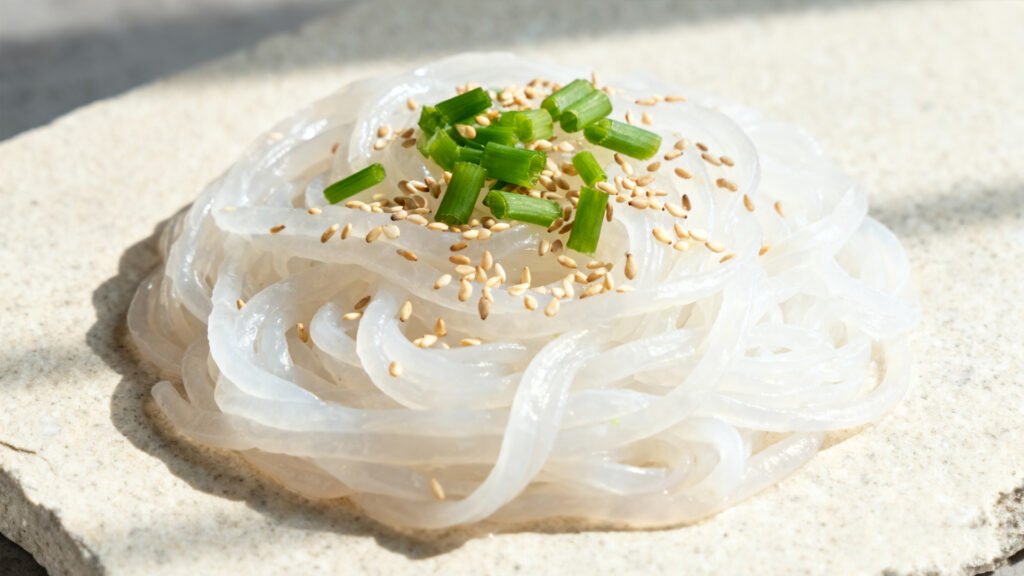
Contact Us through info@lovekonjac.com

Maybe you heard a lot of negative news about konjac, such as incidents of suffocation or konjac root banned in Australia,or konjac banned in US?These might have deterred you from trying konjac products, causing you to miss out on a good opportunity to incorporate konjac noodles into your diet for weight loss or ketogenic purposes.
If you’ve been following the news, you might have noticed that incidents of suffocation primarily involve konjac jelly and konjac candies. These konjac jellies and candies that don’t easily dissolve in the mouth and require chewing to break down the gel. However, due to consumer negligence and excessive suction, there have been cases of unintentional inhalation into the airway, prompting the EU and Australia to ban konjac jelly. Konjac noodles, on the other hand, are considered a healthy food option, and in recent years, they have become popular in markets in Europe, America, and Australia.
The main ingredients of konjac noodles are water and konjac flour. It is a food created through alkaline heating, utilizing konjac glucomannan as a key ingredient.” In contrast to konjac jelly and konjac candy, which incorporate konjac glucomannan and various food gums… konjac noodles offer a simple yet healthy dietary option, free from additives and preservatives.
For most people, konjac noodles are safe. Konjac is rich in dietary fiber (glucomannan), which can promote satiety and aid in weight loss. Konjac noodles are often incorporated into gluten-free, weight-loss, and diabetic diets. Some individuals may experience gastrointestinal discomfort when consuming konjac noodles, mainly because glucomannan is a soluble fiber that absorbs water and swells in the stomach, potentially causing bloating. Therefore, listening to your body and consuming konjac noodles in moderation is crucial. Individuals with sensitive stomachs are advised against consuming konjac noodles.
Konjac noodles offer numerous health benefits but should be part of a balanced diet. Made from konjac flour and water, the nutritional value of konjac lies in glucomannan, which aids in bowel movement and helps regulate nutritional imbalances.
Low in Calories and Carbohydrates
High in Fiber
Gluten-Free and Grain-Free
Low Glycemic Index
Sugar-Free
Fat-Free
Incorporating konjac noodles into your diet can be a healthy choice, but it’s essential to consume them as part of a diverse and balanced eating plan.
For unopened packages of konjac noodles, you simply need to store them in a cool place. If you have opened the package and have leftover noodles, you should place them in a sealed container, cover them with water, and refrigerate. To keep the noodles fresh, it is recommended to change the water daily and store them for 3-5 days. However, do not freeze konjac noodles, as it alters their texture and renders them inedible
If you’re interested in wholesale purchases of konjac noodles, please reach out to us at info@lovekonjac.com. We are a professional konjac food factory with 16 years of experience, and we can provide you with expert guidance and assistance.
Yes, konjac noodles are indeed keto-friendly. They are very low in carbohydrates and calories, making them an excellent choice for those following a ketogenic diet. However, it’s essential to be mindful of any added sauces or toppings that may contain sugars or carbohydrates, as they could affect the overall carb count of your meal.